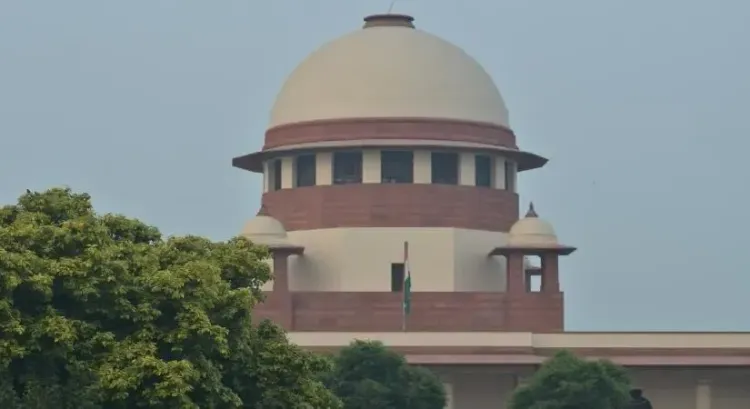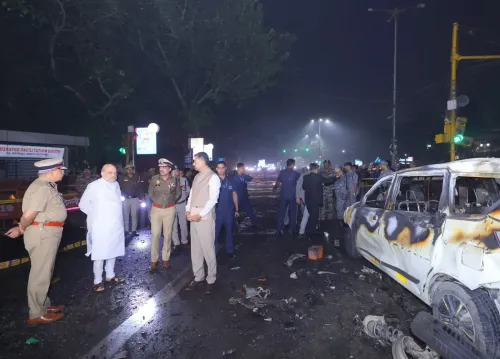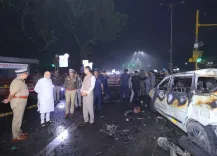Why Did a Supreme Court Judge Recuse Himself from Congress MLA Rajendra Bharti's Case?

Synopsis
Key Takeaways
- Supreme Court Judge Recused from Rajendra Bharti's case.
- Transfer Petition referred to Chief Justice of India.
- Interim order regarding the case extended.
- Concerns about witness intimidation raised by the Supreme Court.
- Fair trial is a constitutional right under Article 21.
New Delhi, June 12 (NationPress) A judge from the Supreme Court opted out on Thursday from deliberating on a petition submitted by Madhya Pradesh Congress MLA Rajendra Bharti, who is seeking to transfer a criminal case to another state.
Following Justice Manmohan's withdrawal, the bench led by Justice Prashant Kumar Mishra directed that the transfer request be sent to the Chief Justice of India (CJI), who manages the roster, for placement before a different panel.
In the interim, the bench extended the temporary order related to the petition that requests the transfer of the alleged cheating case away from Madhya Pradesh.
Earlier this year in February, the apex court had put a hold on proceedings before the Additional Sessions Judge in Gwalior, citing substantial evidence presented to the trial court that suggested attempts to intimidate defense witnesses.
"The trial court should have acted appropriately based on the evidence presented. When we repeatedly inquired with the learned AAG (Additional Advocate General) and the counsel for the respondent-State (of Madhya Pradesh), there was no response regarding what investigation or inquiry the state had conducted concerning the allegations made by the petitioner (Rajendra Bharti)," it remarked.
In its ruling, the Supreme Court emphasized the essential role of the state machinery in ensuring a fair trial.
"It is the State's duty to guarantee a fair trial. A fair trial means that the accused is provided with full legal opportunities to defend themselves," it stated.
After the apex court's remarks, a team of three police officials was formed to investigate the claims of witness intimidation. Nevertheless, in an order issued in April, the Supreme Court noted that "a proper investigation has not been conducted" into the allegations of coercing defense witnesses.
"We anticipated that the officers appointed by the State would thoroughly examine each allegation made by the petitioner and witnesses and document their findings. It is the State's responsibility to ensure that a fair trial takes place, which is a fundamental right guaranteed under Article 21 of the Constitution of India."
When the matter was scheduled for further hearing on May 16, the apex court instructed state officials to perform a "more thorough investigation" and requested a report within one month.
In the 2023 Madhya Pradesh Assembly elections, Rajendra Bharti emerged victorious from the Datia seat in the Gwalior-Chambal region, defeating senior BJP leader Narottam Mishra, who previously served as Home Minister in the Shivraj Singh Chouhan government.









